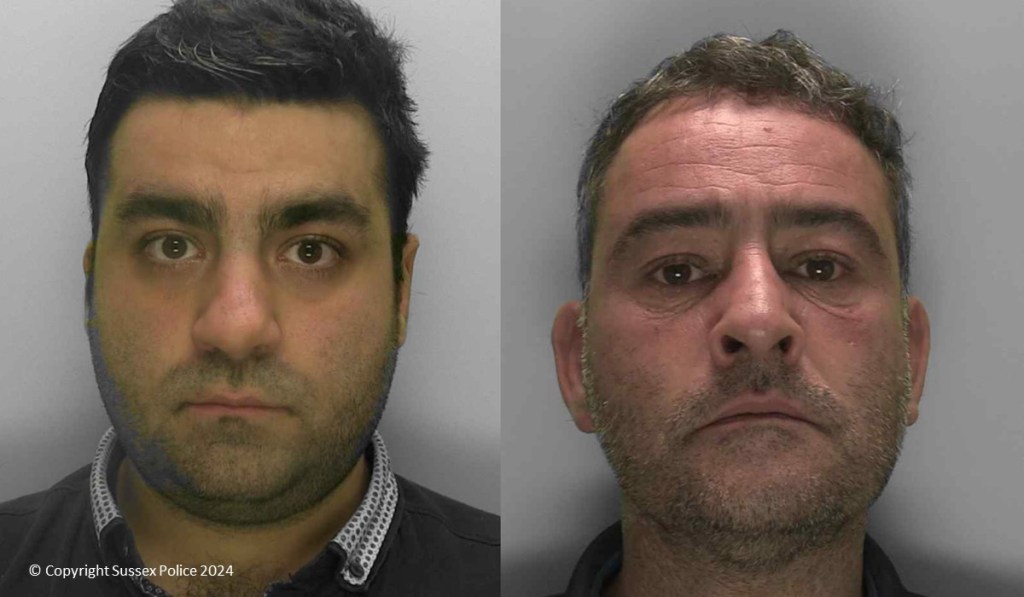Two men accused of selling more than 2.6 million pounds (about $3.2 million) worth of fake fine art attributed to Salvador Dalí and Pablo Picasso have been jailed in London.
A six-year money laundering investigation by Sussex Police found that Behrad Kazemi and Raj Nasta sold Dalí works for £2,000 to £3,000 and Picasso works for £5,000 to £20,000 between October 2016 and June 2018 to more than 125 victims.
The scheme involved cold calls from Asset Consulting Services and a company called Treasury Asset Group and a push to buy artworks instead of traditional investments.
A Sussex Police press release noted that many of the victims were vulnerable and elderly, some of whom did not know they had been scammed until they contacted the police. Some paid more than £150,000 into the scheme and lost their life savings as a result.
Suspicions arose after victims and their relatives were unable to contact Asset Consulting Services and Treasury Asset Group. The artists’ signatures on the artworks were found to be forged and the actual value of the works sold was between £200 and £300.
The investigation led to a warrant on Kazemi’s property in June 2018, seizing the suspects’ phones and examining company and bank records. After reviewing the records, authorities discovered that the funds had been transferred overseas, as well as the suspects’ membership in an organized crime group.
Kazem was charged with money laundering, while Nasta was charged with money laundering and false accounting.
On March 13, Kazemi was sentenced to four years and nine months in prison; Nasta was sentenced to three years in prison. Both men were sentenced at Lewes Crown Court in East Sussex, England.
Detective Constable Annette Woodland, from Sussex Police’s Economic Crime Unit, described the sophisticated nature of the scheme, which left many victims angry, embarrassed and suffering huge financial losses: “This was a complex and thorough investigation, which involved a lot of work by several teams. It was very disturbing. for the victims involved, while they have had to deal with years of emotional turmoil”.
Woodland added: “Anyone could be affected by a similar type of crime. Scammers are manipulative, they will be chatty and friendly and will encourage conversations about family, hobbies and holidays to gain your trust. It is despicable.”



